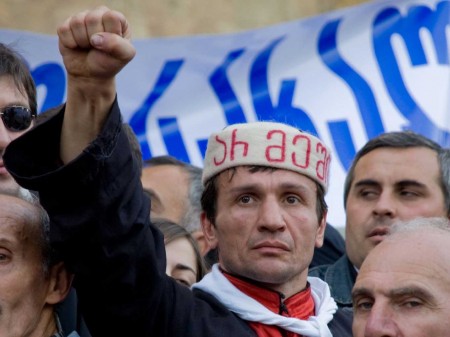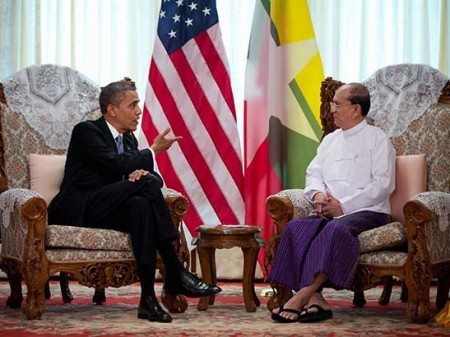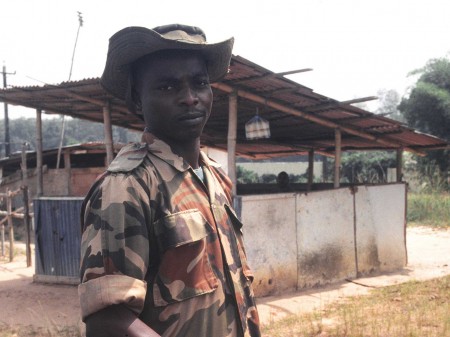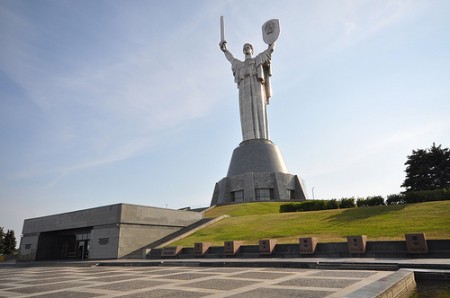
An article in the New York Times on 20 October 2013 highlighted China’s emergence as a major exporter of advanced weapons systems. The global arms market has traditionally been dominated by a handful of mostly Western suppliers: the United States, Britain, France, Russia, and, increasingly, Israel.
Now, however, China appears to be mounting some serious competition to this cabal, with its ability to offer increasingly sophisticated weaponry at rock-bottom prices. According to the NYT, this catalogue includes Predator-like armed drones, air-defence systems similar in capabilities to the Patriot missile, and perhaps even stealth fighter jets.




